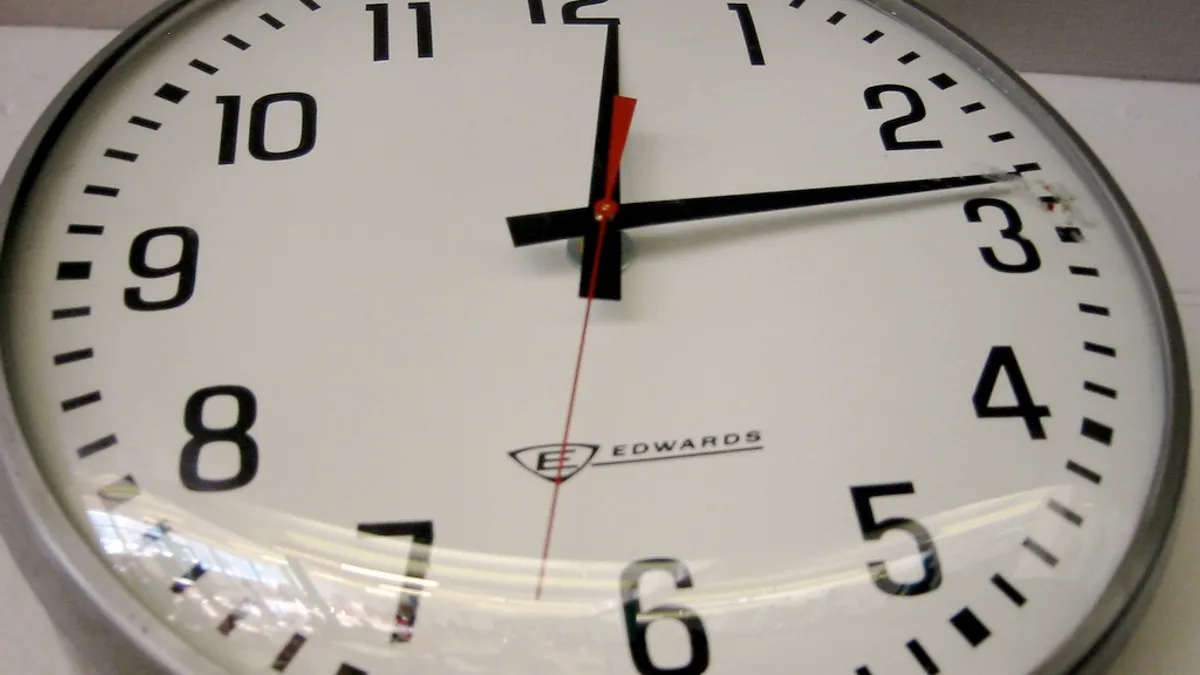Dive Brief:
- The European Commission said Thursday it is extending the deadline for experts to apply to serve on its medical device and in vitro diagnostic device panels until Nov. 24. Under the incoming EU Medical Device Regulation, notified bodies must consult with expert panels before clearing certain high-risk devices for marketing in the region. That gives expert panels a key, albeit advisory, role in enforcing the new rules.
- The extension comes amid a lack of applicants, which some industry insiders say stems from the conflict of interest policies for serving on the panels and the limited amount of compensation.
- The delayed deadline follows the EC's announcement late last month it would wait an additional two years to implement Eudamed, the database which will be used to monitor the safety and performance of devices, part of the EU's broader overhaul of device regulation.
Dive Insight:
The Commission is looking to fill 11 device panels covering a range of therapeutic areas such as neurology and ophthalmology. The extension in the application deadline to serve on the expert panels is just the latest delay around the European Union's Medical Device Regulation, which takes effect in a little more than six months.
In late October, the EC delayed the "go-live" date for Eudamed from March 2020 to May 26, 2022, and there is chatter that an upcoming corrigendum — a document issued to amend or modify some parts of the regulation — could extend the deadline for certain Class I devices to comply with the MDR.
In the case of the expert panel applications, it appears the delay stems from conflicts of interest policies related to serving on the panels and the low level of compensation offered to panelists.
The Commission had said it would not appoint experts who have "financial or other interests in the medical device industry or in a notified body or any other organization or sector, which could affect their independence, impartiality and objectivity." People interested in joining expert panels must declare any potential conflicts of interest and update them when their circumstances change. The experts are also expected to declare conflicts of interest before starting certain tasks for their panel.
"Those points are leading to problems," Bassil Akra, vice president, global strategic business development at TÜV SÜD, told MedTech Dive.
"Unless you have recently retired from the industry, then it is impossible to have the level of expertise required without having some conflict of interest," Richard Houlihan, CEO of Eudamed.eu, told MedTech Dive. "I think this could be one reason for the low applications and the extension," he said.
But Akra said the EC might accept those who do have conflicts to serve on the panels, with some conditions.
Compensation is also an issue as the EC is only offering 450 euros a day.
"This is very low for experts: let’s be honest, this is about the rate of a mid-level IT programmer with about 4 years’ experience," Houlihan said.
Nonetheless, the EC extending the deadline and "relaxing" criteria on conflicts of interest "should help with the applications," he said.











